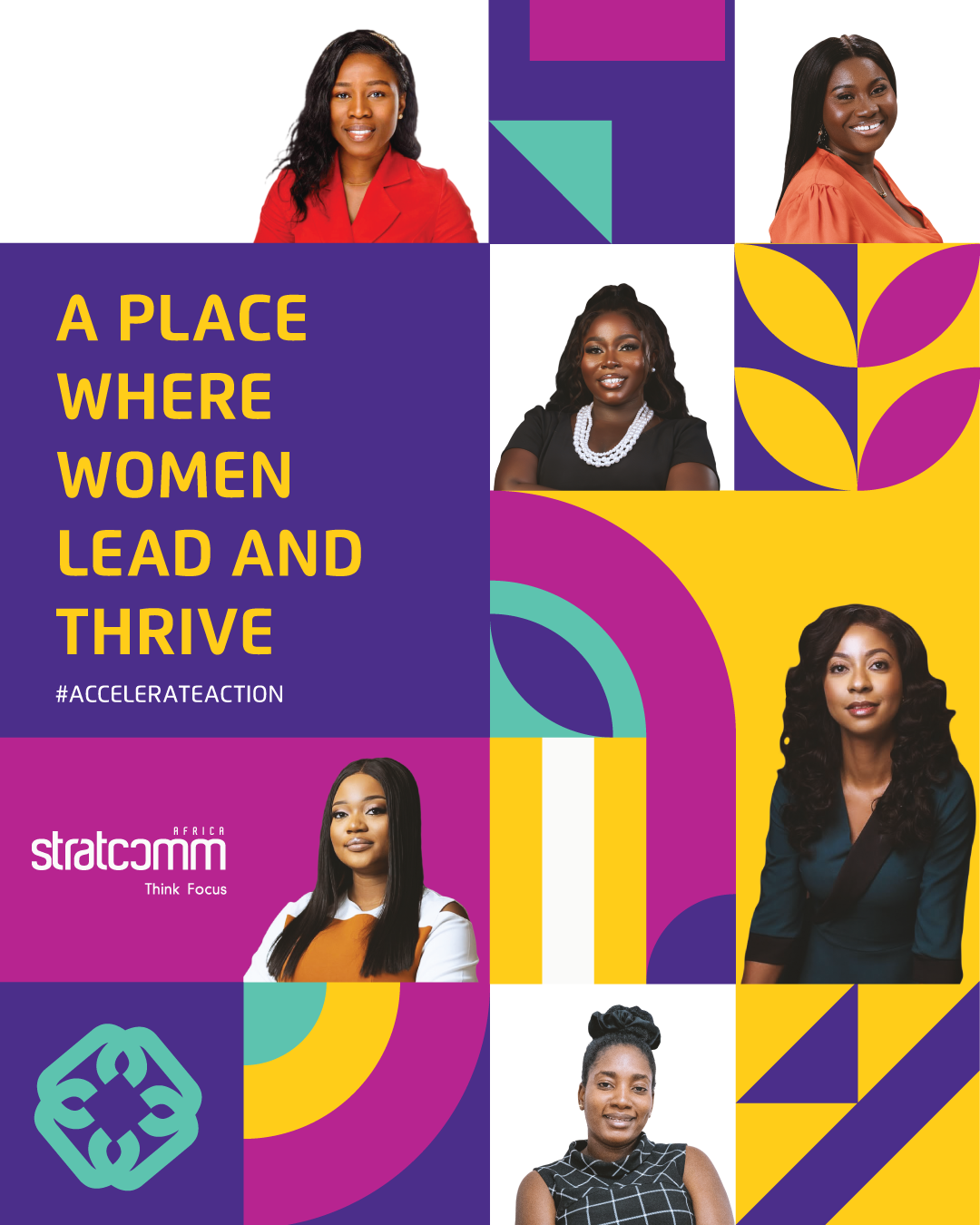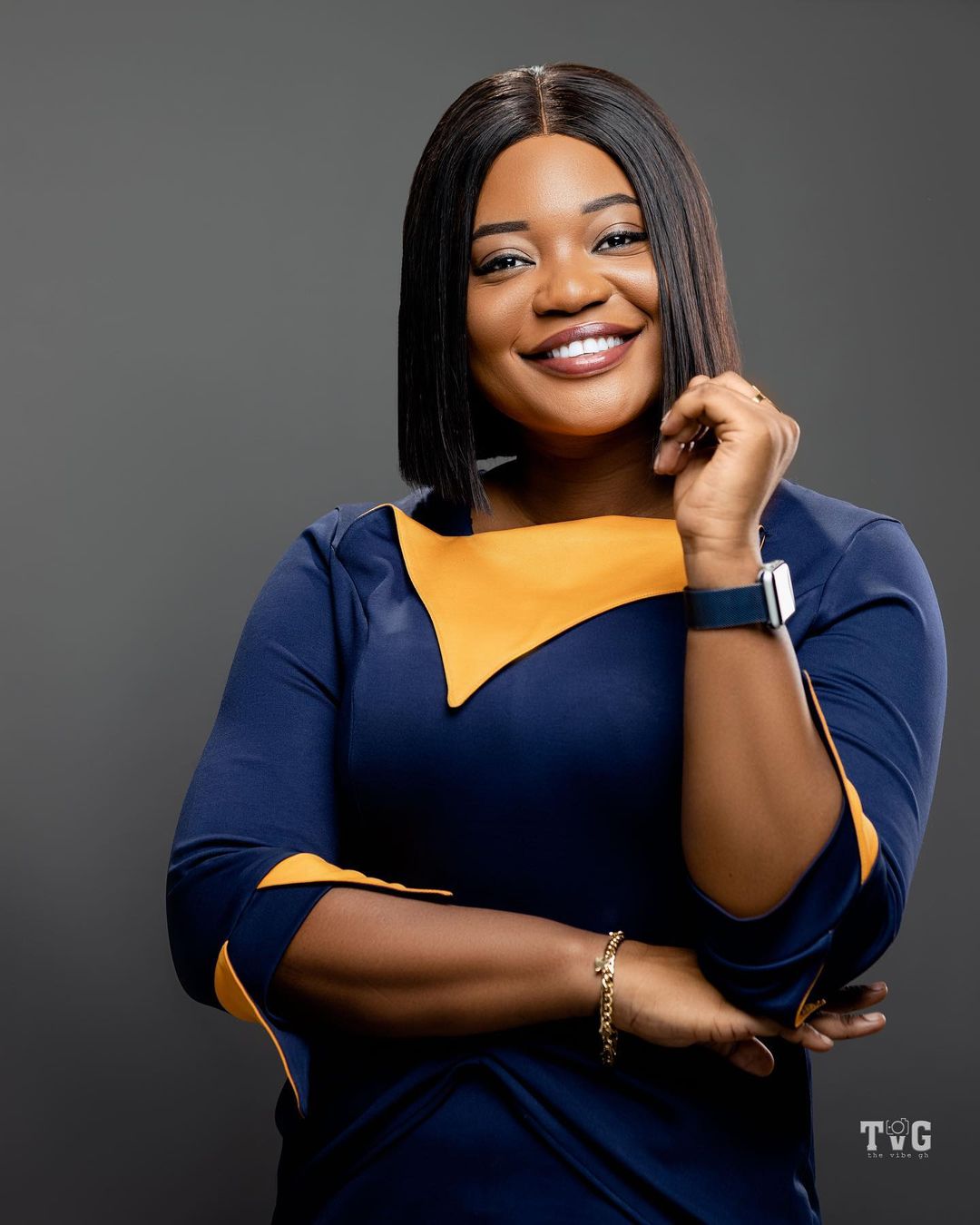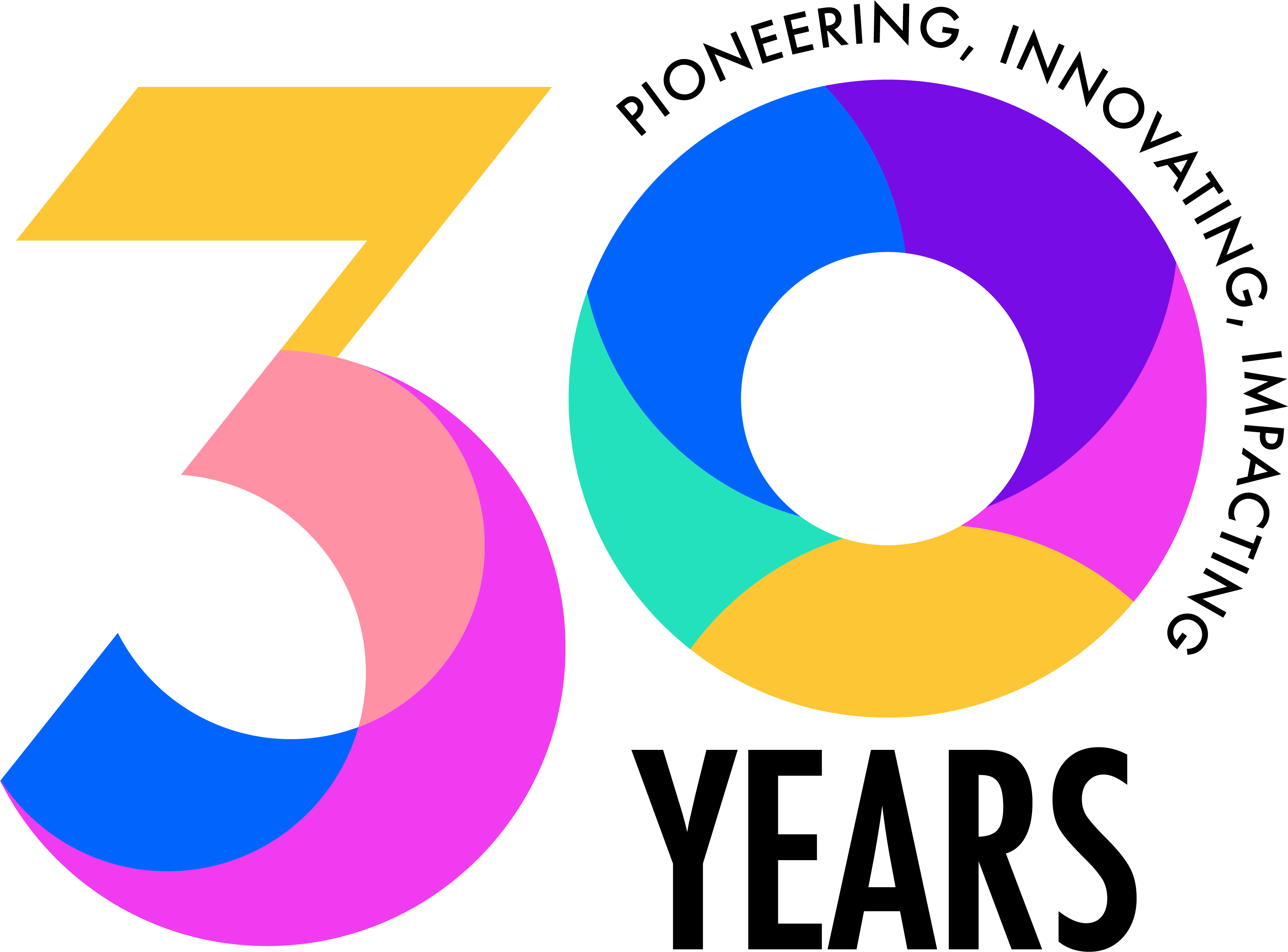A Place Where Women Lead and Thrive
Stratcomm Africa has been a trailblazer advocating for women and their place in society.
Stratcomm Africa was founded by a pioneer in the communications industry, Esther Amba Numaba Cobbah, at a time when few Ghanaian-owned agencies offered communication services to organizations and businesses.
By focusing on the values of hard work, excellence, dedication, and a clear vision, Stratcomm Africa has helped highlight public relations and communication as essential tools for Ghana’s development, corporate success, and human progress. Beyond the organization’s contribution to the field of public relations and communication, Stratcomm Africa continues to create opportunities for women to lead and drive impact within its organization.
Furthermore, through initiatives like Women SHARE, 29 for 29 Mentorship and Business Development, and Nurture 2 Bloom, Stratcomm Africa is opening doors for all women to grow, connect, and thrive. But the reality is that, even with the kind of gender parity at Stratcomm Africa, according to the World Economic Forum, it is estimated that true gender equality will not be achieved across the world until 2158 at the current rate . That is more than 130 years away— way too long to wait and Stratcomm Africa is committed to supporting to accelerate action!
Stratcomm Africa: More Than a Workplace, A Movement
Stratcomm Africa is not just a workplace, but a movement. Stratcomm Africa is more than an organization, it is a catalyst for change. It fosters an environment where women’s contributions are valued, leadership is nurtured, and where success is not only encouraged but expected.
And on this International Women’s Month, there is no better time to spotlight the women who are accelerating action by using strategic communication tools to close the gap between genders. . Whether it is by breaking systemic barriers or supporting diversity, equity and inclusion , Stratcomm Africa is focused on ensuring that women not only participate but are equally positioned lead.
Cultural and socio-economic biases have long hindered women’s progress. While gender equality has improved over the years, there is still a long way to go. Working on these challenges head-on, Stratcomm Africa identified four key pillars:
A Culture of Inclusivity
Stratcomm Africa creates an environment where women lead, innovate, and thrive. Leadership is not a gesture to fulfil a quota; it is a responsibility with equal expectations. .Mentorship & Growth
Women focused events/programs have the power to enhance female participation and foster growth. Stratcomm Africa’s initiatives such as 29 for 29 Mentorship and Women SHARE, are targeted at women and help them receive skills, networking opportunities, and mentorship to advance their careers.
Impactful Storytelling
As a leader in strategic communication, Stratcomm Africa ensures that women’s voices are heard, their stories are told, and their impact is celebrated. These stories and the celebration of successful women have the potential to inspire other women to also rise and take action.
Meet the Women who are Accelerating Action at Stratcomm Africa
Emmanuella Yamoah – Principal Corporate Communication & PR Officer
Q: How does your role help shape narratives that accelerate gender equality?
“As a Corporate Communications Specialist, I craft and deliver strategic messages that connect brands with their audiences. Through storytelling and advocacy, I highlight the achievements of women in different industries.
I’m grateful for the opportunity to work under a visionary leader like Esther Cobbah, who has given me the space to grow in my career. Her leadership has reinforced my belief in mentorship and inclusion. Every story we tell at Stratcomm Africa is a step toward a more equitable future.”
Naa Ayele Armah – Principal Marketing & Communication Officer
Q: How does Stratcomm Africa ensure women have a seat at the table?
“At Stratcomm Africa, gender inclusion is more than a concept —it is a practice. Women are at the center of decision-making, leadership, and professional development.
Through initiatives like Women SHARE, I have the privilege of promoting and amplifying the stories of incredible women leaders. Whether through social media campaigns or corporate publications, my role allows me to use communication as a tool for gender inclusion.”
Delphina Quarshie – Events & Activations Officer
Q: How have you used event planning to create platforms that empower women?
“My role allows me to curate events that create meaningful opportunities for women. Through Women SHARE, I have helped build spaces where women share experiences, inspire one another, and push for progress.
From working at Stratcomm Africa I have developed my skills in PR event planning and management. I’ve been empowered to lead and execute thought leadership events focused on women’s empowerment, sustainability, and societal development. Every event we organize is a platform for change, and I’m proud to be part of that process.”
Cynthia Esi Daanaah – Senior Corporate Communication and PR Officer
Q: How does Stratcomm Africa’s workplace culture foster inclusivity, and how have you used communication to drive conversations around gender equity?
“Stratcomm Africa is built on the foundation of respect, inclusion, and equal opportunity. We believe diversity is our strength, and we actively work to ensure that every voice is heard and valued.
We also understand that communication is a powerful tool for driving conversations around gender equality. Through internal and external channels, we share stories of women leaders, celebrate their achievements, and create platforms for meaningful discussions on gender-related challenges.
By using communication as a force for advocacy, we hope to influence not just our workplace but society as a whole to embrace gender equity as a shared responsibility.”
The Future is Now
Stratcomm Africa provides evidence that when women are given room, support, and opportunities, they don’t just participate—they lead.
Every woman featured here lives by a personal mantra. Their journeys show that we are all products of our communities, and we owe it to them to create a more equal society.
The work is not done yet. But by accelerating action, we will help close the gap —not in 2158, but in our lifetimes.





